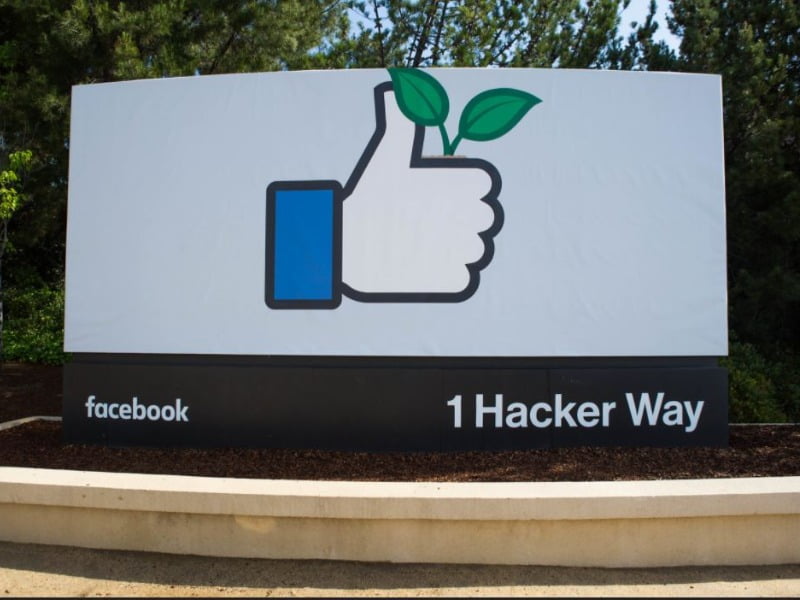Reforms aimed at giving Australians more avenues to address defamatory comments made against them would actually “embolden” people to make more defamatory comments, according to Facebook parent company Meta.
A Senate committee is currently conducting an inquiry into the Social Media (Anti-Trolling) Bill 2022, which lays down a “new novel framework to allow Australians to respond to defamatory content posted on social media”.

It does this by providing an avenue for individuals who believe they have been defamed in a social media comment to ask the relevant company to identify the anonymous poster, and by reversing the High Court’s Voller decision, making administrators of social media pages no longer liable for third party comments. It also clears the tech firms of some liability if they have adequate complaints schemes in place.
Despite its name and comments made about it by the Prime Minister, department officials have confirmed the bill is not about online safety or “trolling”, with this word not even defined or used in the actual legislation.
The legislation has been criticised for doing little to address harms occurring online, and for merely providing another avenue for wealthy individuals to launch defamation proceedings.
The bill has also raised the ire of the Big Tech firms, which claim the new scheme is “unworkable” and could actually empower individuals to defame others online.
In a submission to the Senate inquiry, Facebook parent company Meta said the new laws would “embolden” people to make defamatory statements because they are less likely to be held liable for them, with attention turning to the social media companies.
“We believe the consequences of the law could go further and in fact embolden people to make defamatory statements online,” the Meta submission said.
“The legislation makes the social media platform equally as responsible for the content as the author, and it removes the social media services’ defence of innocent dissemination. Given social media companies are almost always going to be more attractive defendants than the authors of the post, those people who may wish to make defamatory claims online will essentially be able to do so with impunity.”
Meta also argued that the requirement for anonymous posters to be identified will mean that more data is collected on Australians, including by China-based companies.
“It incentivises much greater collection and verification of Australians’ data by social media platforms, most of whom are headquartered overseas,” the company submission said.
The Senate committee is set to report back before the budget sitting period, the final three sitting days before the federal election. Meta warned that the “anti-trolling” legislation shouldn’t be rushed through Parliament in those three sitting days.
“We believe significant amendments are required before the legislation would be workable or able to effectively achieve the policy objective of reducing harmful content online,” the submission said.
“If it is rushed through Parliament in order to meet an election timetable, there would be serious consequences for Australians’ use of social media products as digital platforms work to notify millions of Australians of the need to share and regularly verify their personal contact details online. Instead, we urge policymakers to take the time to ensure defamation reform is effective, proportionate and durable.”
The Big Tech companies also warned the reforms will lead to more censorship, with YouTube telling the committee they will lead to a “censored society”.
The Google-owned company said the current approach has been “rushed and piecemeal”, and that the legislation is “unworkable”.
“This creates unnecessary complexity and confusion in the law of defamation, which is already complex enough. It is also inconsistent with the creation of a platform-neutral media regulatory framework,” the YouTube submission said.
In its own submission, social media firm Twitter said the defamation reforms are an “example of the current policy environment in Australia, which contains fragmented responsibilities across multiple government departments and agencies”.
“As drafted, the bill functionally puts private companies in the invidious position of having to assess and determine the likelihood of a complainant’s right to obtain relief through defamation proceedings, displacing the essential role and function of the courts,” the Twitter submission said.
“The net consequence would be to make applicable companies act as sole arbiters of truth with regards to online speech.”
Do you know more? Contact James Riley via Email.

